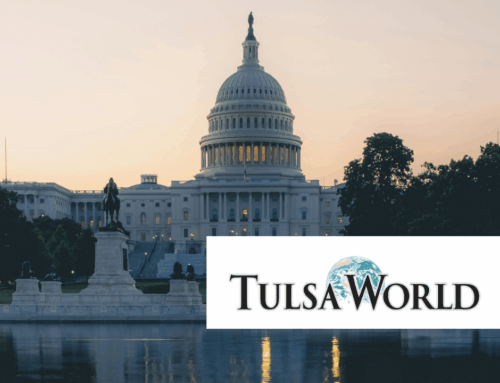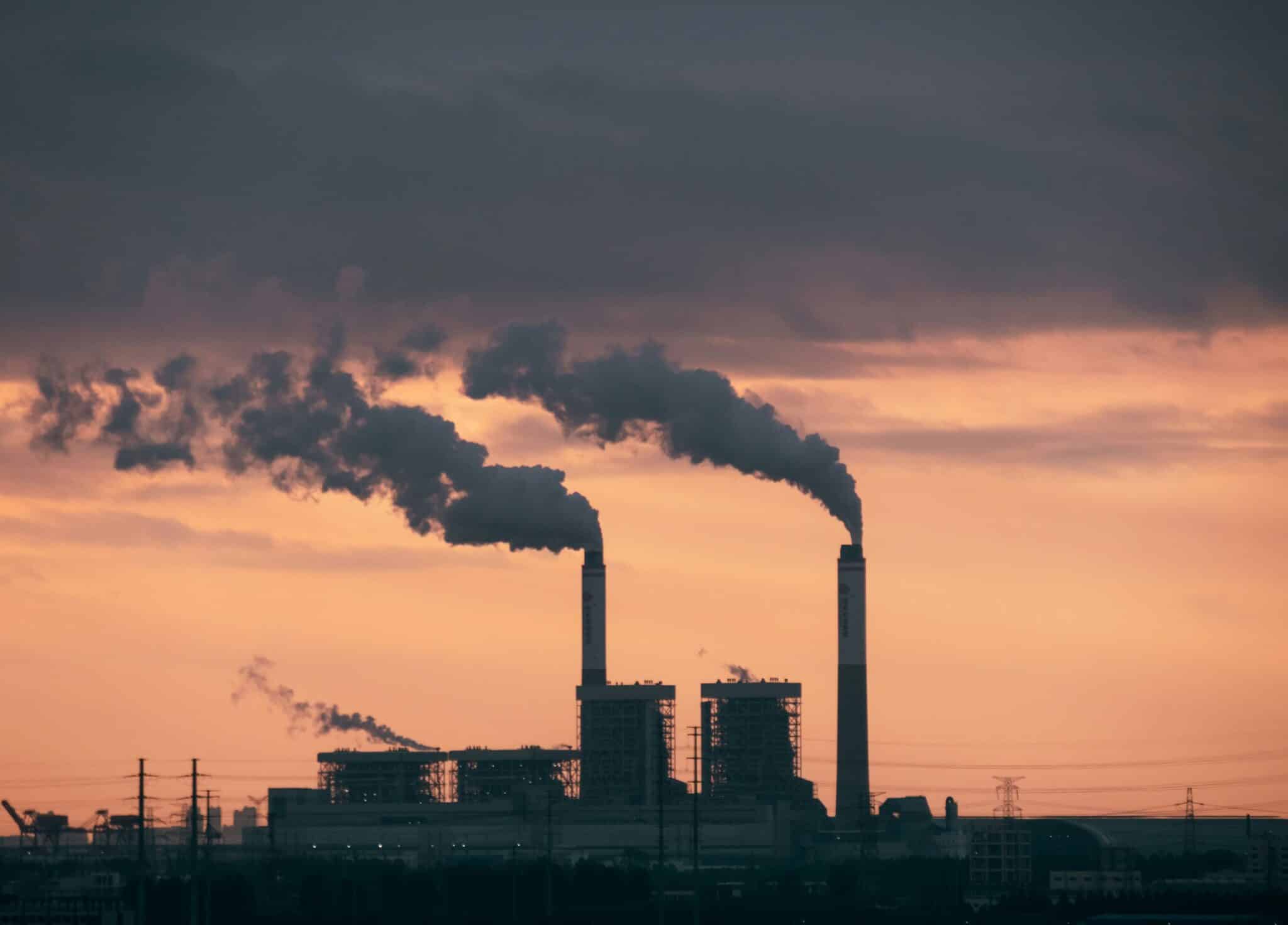Once considered cataclysmic and politically toxic, government shutdowns have now become a routine negotiating tactic and seemingly even a welcomed outcome for some. But when all is said and done, government shutdowns are a bad outcome of a bad process. While some effects are obvious, like national parks closing, more lasting damage is less visible. Most notably, shutdowns poison the well for Congressional cooperation. They also feed into public cynicism of Congress as an institution. It increasingly seems many in Washington are more concerned with campaigning than doing the hard work associated with their only constitutionally obligated job. We should all insist they grow up and allow the government to work.
Each year, it is up to Congress to appropriate money to fund the government. It’s the only thing they actually must do annually. The fiscal year for the federal government begins October 1st and ends the following September 30. With merely hours left in Fiscal Year 2021, the House and Senate have yet to pass funding legislation to finance the government in Fiscal Year 2022. The latest efforts are being blocked because of Republican objections to provisions raising the debt ceiling being included.
If a government shutdown were to occur, it would be the fourth time in eight years. The shutdown in 2013 under the Obama Administration lasted sixteen days, the shutdown in January 2018 under the Trump Administration lasted three days, and the second (partial) shutdown under the Trump Administration from late 2018 lasted over a month.
Government shutdowns should not be routine because they disrupt important government services. The shutdown in December 2018-January 2019 had a part to play in software updates to airplanes being delayed since FAA employees were on furlough. A report by the Senate Committee on Homeland Security and Government Affairs found that the Department of Justice canceled approximately 60,000 hearings for non-detained aliens during the month-long shutdown. The Department of Homeland Security delayed their maintenance of facilities, impacting law enforcement operations and safety.
Shutdowns have also been incredibly costly, with the same report finding the past three shutdowns have cost taxpayers nearly $4 billion. The costs included at least $3.7 billion in back pay to federal workers, and $338 million in other costs associated with the shutdowns, including extra administrative work, lost revenue, and late fees on interest payments. The Government Accountability Office even estimated that, as a result of reduced economic activity from the latest government shutdown, projected Gross Domestic Product decreased by $8 billion. That’s right, Congress not doing their most basic constitutional responsibility led to a decrease in projected GDP.
Perhaps part of the reason for an increase in shutdowns is that politicians have limited the obvious disruptions and damage caused due to government shutdowns. Essential services continue. So, TSA still screens passengers, the Border Patrol is still on duty, the FBI still operates with government workers providing services without getting paid. This led Congress to pass the Government Employee Fair Treatment Act, which guaranteed furloughed federal employees back pay once the last shutdown ended as well as for future shutdowns.
Politicians have also even broken laws during previous shutdowns to reduce negative political consequences. For example, the Purpose Statute was violated when the Trump Administration redirected fees charged to cover the Park Services road and growing major maintenance backlog to instead cover “daily maintenance” (aka, clean national park bathrooms). The IRS continuing to process returns and issue refunds during the last shutdown, was also a violation of the law. There’s also a general lack of oversight of funds during a shutdown and increased likelihood of the misuse of “emergencies” created by shutdowns.
A government shutdown during COVID-19 could also be disastrous. The Department of Health and Human Services, a vital agency during a pandemic, estimates 43 percent of its workforce would be furloughed in a shutdown. Anthony Fauci, the president’s chief medical advisor, even said “The worst time in the world we want to shut down the government is in the middle of a pandemic where we have 140,000 people a day getting infected and 2,000 people a day dying.”
Talk of a government shutdown now is political posturing at its worst. As we wrote in last week’s Wastebasket, the debt limit should be raised, because it covers past, not future, spending decisions. We should absolutely be concerned with future deficits and work to pare them down. But Republicans’ saber rattling about the debt ceiling are at the same time pushing for billions in additional deficit financed spending. This includes more than $30 billion in “emergency” spending in response to natural disasters and a $25 billion increase for the DoD. None of this future deficit-financed spending can occur without an increase to the current debt limit.
Congress needs to grow up and do their jobs. Get to work, stop wasting taxpayer dollars on political theater, and actually concentrate on basic governance.










